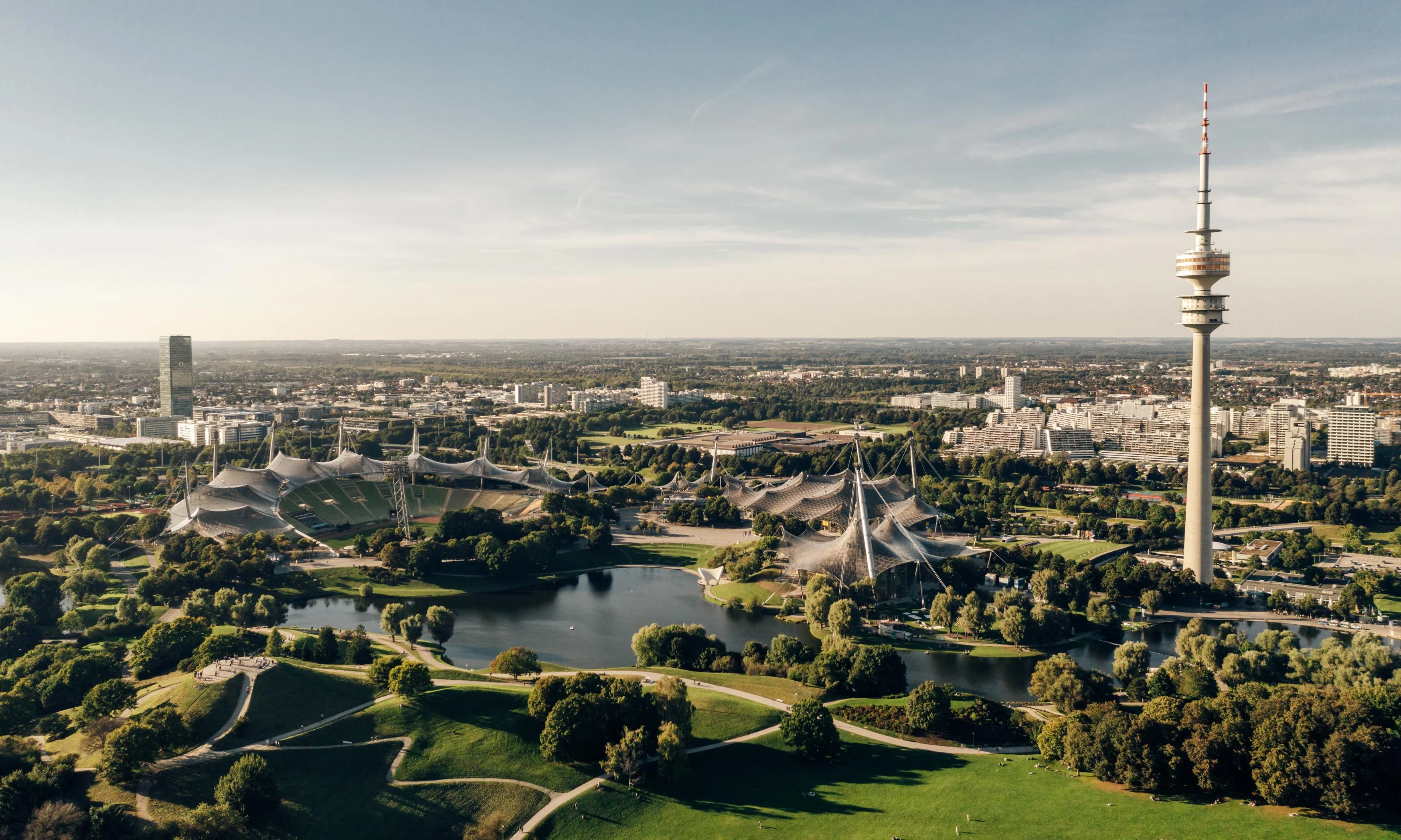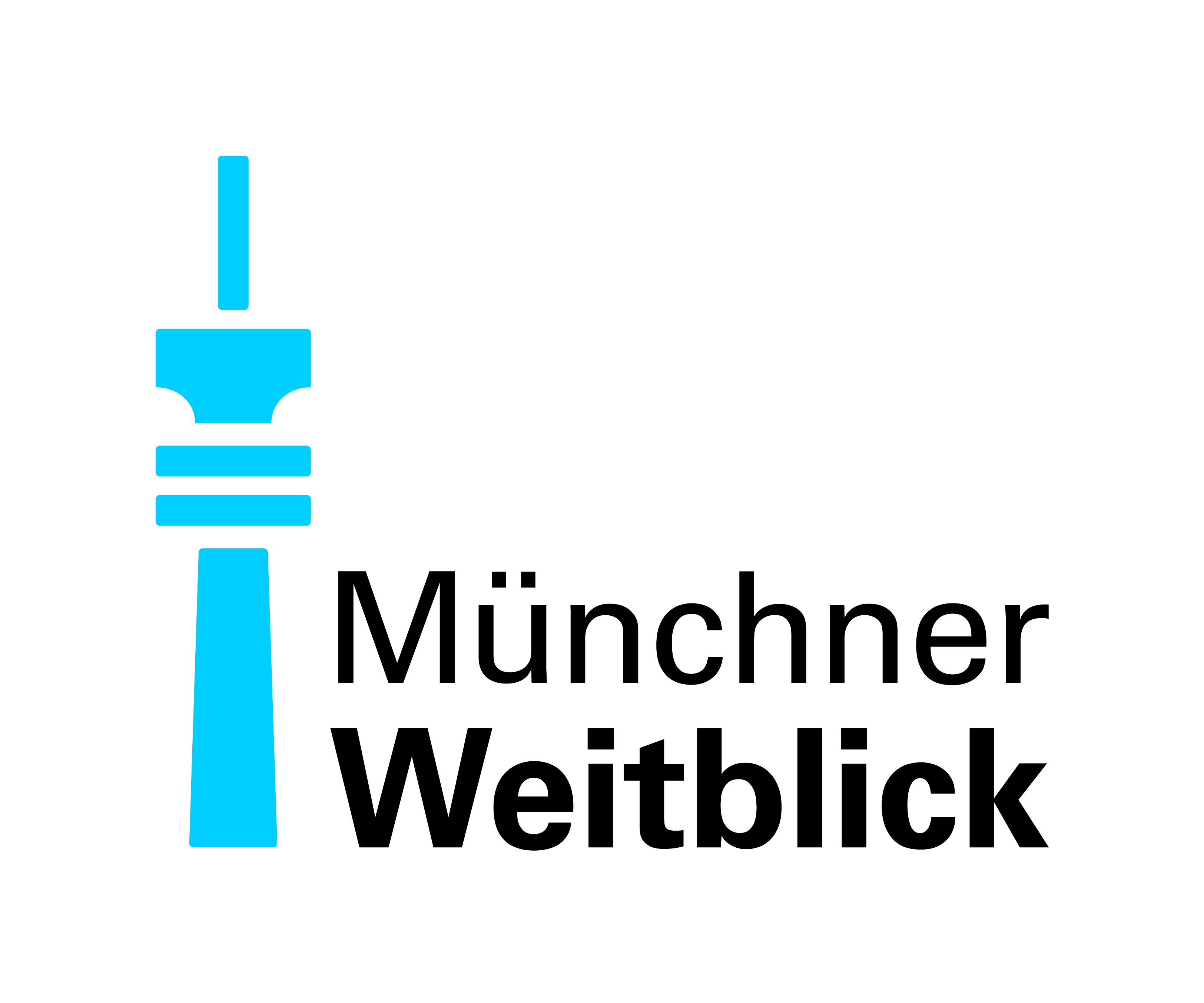Münchner Weitblick

"Münchner Weitblick" is the name of the new series of events organized by Olympiapark München GmbH, which is dedicated to the major challenges of our time. For this purpose, initiators and decision-makers are brought together in order to jointly create an awareness of the most important tasks and to interactively demonstrate the scope for action and the interrelationships of effects.
As part of the urban community, Olympiapark München GmbH is already contributing to solving some of the current challenges facing our society. For example, by creating health-promoting activities or by bringing citizens together at cultural and sporting events of various kinds. Beyond these basic tasks, the Olympic Park would like to take a look from today into the future and offer a productive platform for exchange on the most pressing issues of this city.
The new series is organized by Olympiapark München GmbH in cooperation with "72.22 - Network for a livable city" and accompanied by "TUM Think Tank - Munich School of Public Policy". Starting in 2023, the focus will regularly be on challenges of the present in order to provide multi-perspective impulses for a healthy, cooperative and sustainable Munich with foresight.
Focus: Challenges of the present.
The goal: To set impulses and implement solutions for a healthy, cooperative and sustainable Munich,
cooperative and sustainable Munich.
Examples of topics: Mental health, energy, shortage of skilled workers and mobility.


Managing Director Olympiapark München GmbH
Marion Schöne
The previous Weitblick rounds have shown how valuable and productive the exchange on pressing issues from different perspectives is. And I am convinced that this platform can not only provide important impetus, but also deliver practical implementations for Munich and the Olympic Park.